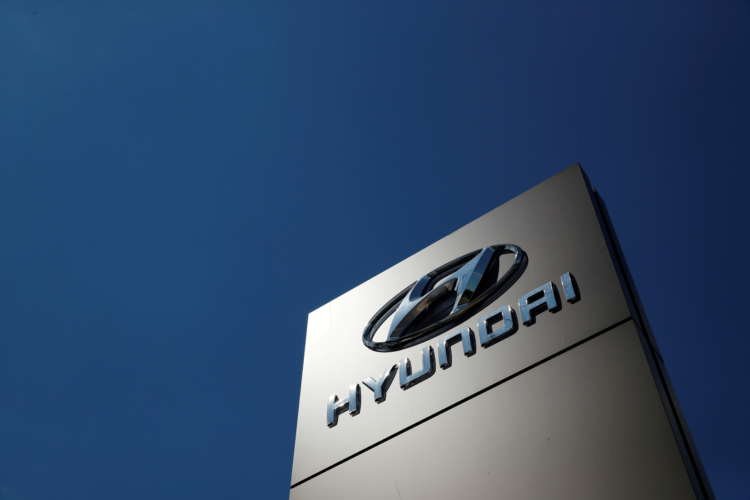Business
Hyundai Q1 profit to triple on luxury car demand but chip shortage starts to hurt
Published by linker 5
Posted on April 21, 2021
1 min readLast updated: January 21, 2026

Published by linker 5
Posted on April 21, 2021
1 min readLast updated: January 21, 2026

Explore more articles in the Business category











